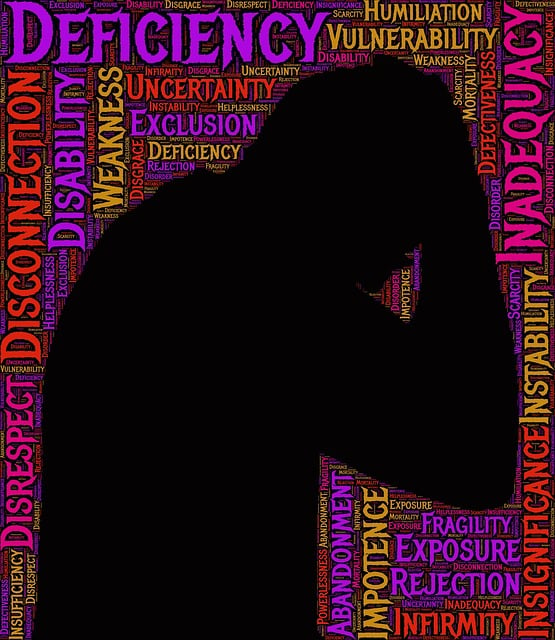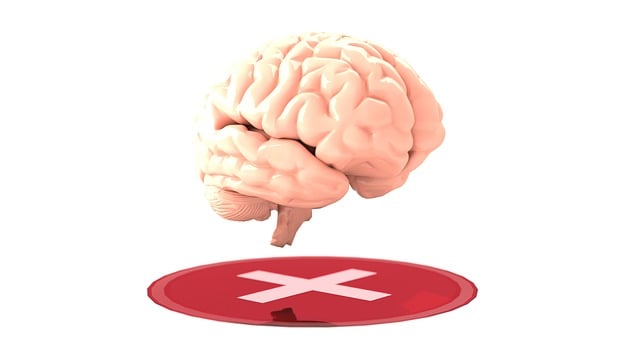Westminster Child Abuse Therapy emphasizes the importance of self-care in mental health management, highlighting its ability to reduce anxiety and depression symptoms while boosting resilience. By prioritizing mindfulness and compassion, individuals can uncover personal needs through introspection, leading to improved emotional, physical, and spiritual well-being. The therapy organization offers specialized support for trauma survivors and those recovering from mental illness, advocating for consistent daily self-care routines like meditation and exercise. Their tailored approach helps clients develop sustainable habits, fostering long-term mental health improvements and balanced living.
Self-care is not a luxury but a necessity for maintaining optimal mental health and well-being. In today’s fast-paced world, understanding the impact of self-care on our overall wellness is more crucial than ever. This article explores effective strategies to enhance self-care practices, drawing insights from experts at Westminster Child Abuse Therapy. We’ll guide you through identifying personal needs, integrating daily routines, and overcoming barriers to build sustainable habits that promote holistic well-being.
- Understanding the Impact of Self-Care on Mental Health and Well-being
- Identifying Personal Self-Care Needs: A Journey to Self-Discovery
- Practical Strategies for Integrating Daily Self-Care Routines
- Overcoming Barriers and Building Sustainable Self-Care Habits with Westminster Child Abuse Therapy
Understanding the Impact of Self-Care on Mental Health and Well-being

Self-care is an essential aspect of maintaining and improving mental health, a concept that Westminster Child Abuse Therapy has emphasized in their services. By adopting healthy self-care practices, individuals can enhance their overall well-being, boost resilience to stress, and prevent burnout—all of which are crucial for both personal growth and professional performance. In today’s fast-paced world, where the demands on mental health professionals are increasing, prioritizing self-care becomes even more critical.
Effective self-care strategies, such as mindfulness practices or compassion cultivation, can significantly reduce symptoms of anxiety and depression, fostering a sense of balance and calmness. Moreover, integrating community outreach programs in self-care routines empowers individuals to connect with their communities, enhancing social support networks that are vital for mental health recovery. In light of these findings, mental health professionals should consider incorporating self-care initiatives into their risk management planning, ensuring they can provide the best care possible while safeguarding their own well-being.
Identifying Personal Self-Care Needs: A Journey to Self-Discovery

Identifying your personal self-care needs is a journey of self-discovery that requires introspection and mindfulness. It’s akin to navigating a labyrinth where each turn reveals a piece of yourself, helping you understand what nourishes and heals your mind, body, and spirit. This process involves listening deeply to your emotions, thoughts, and physical sensations. What makes you feel alive and at peace? What activities or rituals restore your energy and resilience? Answering these questions can guide you in creating a personalized self-care plan that incorporates activities tailored to your unique needs.
Westminster Child Abuse Therapy understands the profound impact of addressing personal self-care needs, especially for individuals who have experienced trauma. By prioritizing self-discovery and implementing confidence-boosting strategies, our community outreach program aims to empower individuals to cultivate healthy self-care practices. This involves not only acknowledging but also actively nurturing your emotional, physical, and mental well-being. Embrace this journey as a means to enhance your overall quality of life and build resilience against life’s challenges.
Practical Strategies for Integrating Daily Self-Care Routines

Integrating daily self-care routines into your life can be transformative, especially for those who have experienced trauma or are recovering from mental illness. Start by identifying small pockets of time throughout the day that can be dedicated to self-care activities. This could mean setting aside 10 minutes each morning for meditation or journaling, engaging in a short walk during lunch breaks, or practicing deep breathing exercises before bedtime. Consistency is key; aim to make these practices part of your daily rhythm rather than sporadic events.
Consider incorporating diverse strategies that cater to your whole being. For instance, Westminster Child Abuse Therapy emphasizes the importance of self-care for survivors, promoting activities like therapy, support groups, and engaging in creative outlets such as art or music. Additionally, stress management workshops offered by organizations like Mental Illness Stigma Reduction Efforts can equip individuals with valuable tools for coping with daily stressors. Cultivating positive thinking and adopting healthy habits will not only enhance overall well-being but also provide resilience against challenges.
Overcoming Barriers and Building Sustainable Self-Care Habits with Westminster Child Abuse Therapy

Overcoming barriers to self-care is a significant step towards fostering inner strength and achieving better mental health. Westminster Child Abuse Therapy understands this journey can be complex, especially for individuals who have experienced trauma or struggled with anxiety. Their approach focuses on empowering clients to develop sustainable self-care habits tailored to their unique needs.
By providing specialized therapy and support, Westminster Child Abuse Therapy helps individuals navigate the challenges that may prevent them from embracing self-care. They guide clients in discovering activities and practices that bring them peace and joy, promoting a sense of balance and resilience. This personalized journey towards self-improvement not only aids in anxiety relief but also equips individuals with the tools to maintain a healthy self-care routine for life.
Self-care is not a luxury but a necessity for maintaining mental health and overall well-being. By understanding the impact of self-care, identifying personal needs, and adopting practical strategies, individuals can create lasting positive change. Overcoming barriers with support from experts like Westminster Child Abuse Therapy enables building sustainable self-care habits that foster resilience and enhance life quality. It’s a journey of self-discovery that deserves commitment and care.














